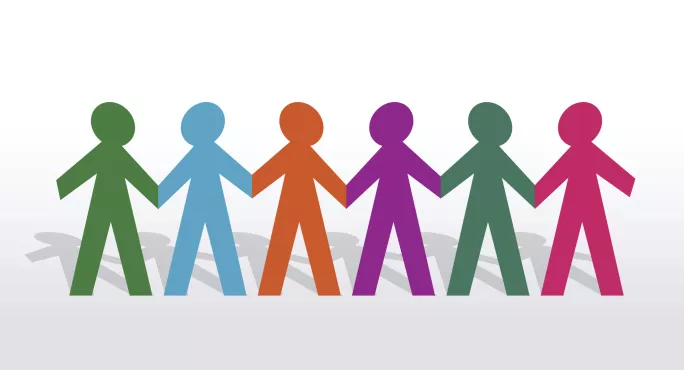Standing in front of my pupils, I had a heavy heart. My throat was filled with pain and I had tears in my eyes.
The foundations of good learning and teaching are built on solid relationships - as it was once said, “No significant learning occurs without a significant relationship.”
Now, I was coming to the end of a significant relationship with a group of people who had found building relationships so difficult in the past.
Additional support needs: Relationships ‘at the heart’ of what ASN pupils need
Also this week: Pupils with additional needs ‘should be seen as assets’
Quick read: ‘Every teacher should try special education’
Background: Call for more ASN resources as pupil numbers rise again
Coronavirus: Safety measures ‘impossible in special education’
Inclusion: ‘The whole concept of inclusion is not fully embraced’
Working in an additional support needs (ASN) role was truly inspiring. I got to spend so much more time with learners, and I could create bonds that would be impossible to reproduce in a much larger setting.
Supporting ASN pupils
Any ASN role requires patience, empathy and understanding. It is a tricky balance providing a perfect blend of boundary setting but at the same time being flexible in your approach. Most importantly, consistency is key: always being there with the same open mindset, and always offering support without any form of judgement.
The young people I taught were very astute in detecting if an adult in their life was there with genuine intent to help them. For many this was a method of survival, borne by trauma, so it is crucial that you are there for the right reasons. You need to have a passion for helping those who face barriers to learning. It is not simply somewhere to pick up a pay cheque and switch off at home time - this job engulfs you.
If you can do all of these things, then the most wonderful relationships occur. For some, it is an instant bond; for others, it takes time. Never holding grudges and being willing to treat each day as a fresh start are essential: this allows a young person to begin to feel secure because they know you mean well and are on their side.
Very often the young people I worked with in the ASN school had had a negative experience of education. Children referred to our school had an exceptionally low opinion of themselves both personally and academically. It was my job to allow some of the most vulnerable children in society an opportunity to be just that: children.
Part of this involved feeding hungry pupils, working late at night, even staying in contact with parents over the weekend and throughout holiday periods to try and sustain routines.
All these efforts do not go unnoticed by children and their families. Very quickly, they see you for what you are: someone who is passionate about helping those when they need it most.
But here I was about to let them down. Our relationship was ending, and I really hoped there would be no long-term impact on the outstanding progress each of them had made.
Sadly, the ending of this relationship was not on my terms: independent schools like my (now previous) employer had felt financial hardships like any business during 2020, and cuts had to be made.
My final lesson was to take a £5 note from my pocket and throw it to the floor, then we all stamped on it. But, despite everything it had been through, we all knew it still had value.
The message? No matter how many times you have been trodden on and put down, you are still worth something and you should never forget it. We have to ensure that every single pupil in our schools knows that.
Kevin Muirhead is a school leader in Scotland. He tweets @muirhead_kevin

